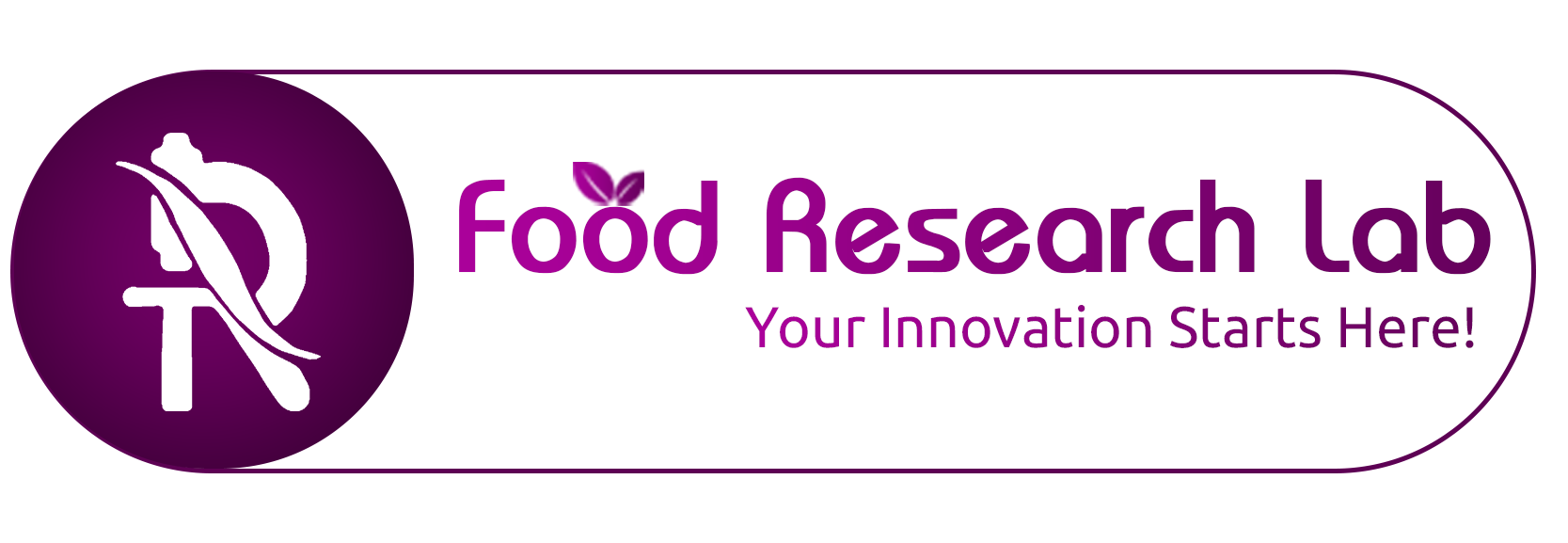EU regulations on Functional foods and Nutraceutical ingredients
Functional foods and nutraceuticals are regulated under the European Union (EU) framework on food and food supplements.
- In the EU, functional foods are defined as foods that positively affect health beyond essential nutrition. In contrast, nutraceuticals are defined as isolated nutrients or non-nutrient substances with a physiological effect that may provide health benefits.
- Functional food and nutraceuticals in the EU are primarily based on the EU Regulation No. 178/2002 on general food law and Regulation (EC) No. 1924/2006 on nutrition and health claims made on foods.
- These regulations set out the requirements for the composition, labelling, and advertising of functional foods and nutraceuticals.
- In addition, the EU has established a list of authorized substances for use in food supplements and fortified foods, including vitamins, minerals, and other nutrients. The EU also regulates novel foods, including novel ingredients used in functional foods and nutraceuticals, to ensure their safety and efficacy.

Let’s create something Innovative and Delicious together
Food Research Lab strives for excellence in new Food, Beverage and Nutraceutical Product Research and Development by offering cutting edge scientific analysis and expertise.




